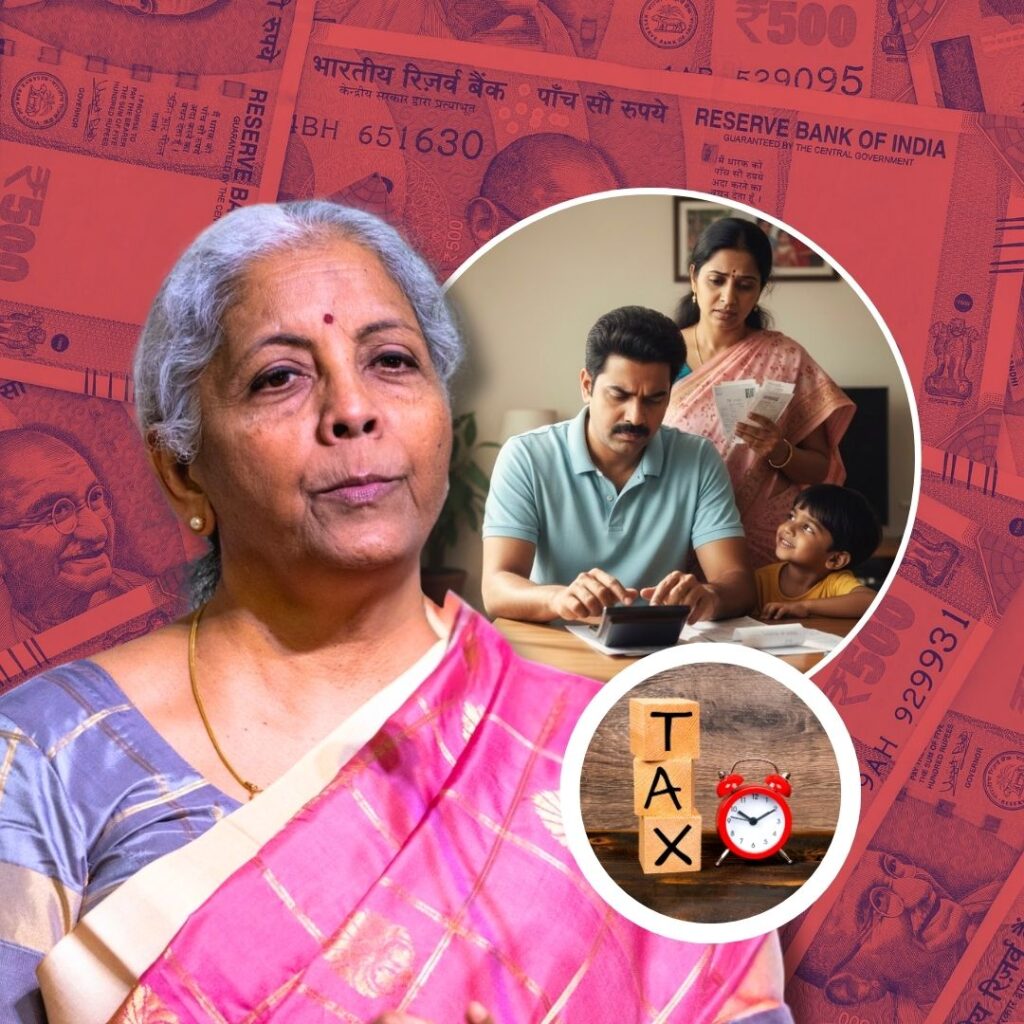Japan’s regulatory approval for over-the-counter (OTC) emergency contraceptive pills marks a historic shift in the country’s reproductive health landscape.
The drug, marketed as Norlevo by ASKA Pharmaceutical, will be available without a doctor’s prescription, under the supervision of pharmacists, making reproductive choices more accessible to Japanese women.
Widespread Access Without Prescription
The health ministry’s approval allows women across Japan to obtain Norlevo directly from pharmacies without restrictions on age or requirements for parental consent. The pill, effective in about 80% of cases if taken within 72 hours of unprotected sex, will be classified as “medicine requiring guidance.”
This means while no prescription is required, women must take the pill in the presence of a trained pharmacist who will provide usage instructions, ensuring safe and informed consumption. ASKA Pharmaceutical emphasized this change as a significant step forward in empowering women’s reproductive health and autonomy.
Background and Social Context
This decision follows years of debate and pilot projects. Beginning in 2017, Japan’s Ministry of Health considered OTC emergency contraception amid public calls for better access. A limited trial in 2023 allowed sales in 145 pharmacies, revealing high demand and public support. Previously, women could only access emergency contraception via a doctor’s prescription, a barrier especially hard on teenagers and sexual assault survivors seeking timely care.
Japan’s historically conservative stance on contraception, influenced by traditional views on women’s roles, delayed even regular birth control pill approval until 1999, far behind many other developed countries. The recent approval reflects societal and governmental shifts towards upholding reproductive rights and healthcare accessibility.
Pharmacists’ Role and Safety Measures
While OTC, Norlevo’s sale as a “medicine requiring guidance” ensures pharmacists remain gatekeepers providing necessary counselling. This counselling aims to educate users on correct timing and usage, side effects, and what to expect, balancing accessibility with safety.
Pharmaceutical distributor Daiichi Sankyo Healthcare will oversee product launch preparations and promote information systems for correct use, reflecting a collaborative approach among health authorities, manufacturers, and pharmacists to support users comprehensively.
The World Health Organization (WHO) strongly recommends that emergency contraception pills (ECPs) should be made readily available to all women and girls at risk of unintended pregnancy, without prescription barriers. According to WHO, access to ECPs must be integrated into family planning and healthcare services, especially for high-risk groups such as survivors of sexual assault.
WHO advocates that emergency contraception, taken as soon as possible after unprotected intercourse, plays a critical role in preventing unintended pregnancies and supporting reproductive rights. This underscores the importance of Japan’s decision aligning with global best practices in reproductive health while advancing self-care and autonomy for women. The policy reflects both sound health governance and a commitment to human rights in healthcare access.
The Logical Indian’s Perspective
The approval of OTC emergency contraception in Japan is an essential advancement reflecting respect for autonomy, informed choice, and timely healthcare access. It dismantles harmful bureaucratic obstacles and cultural stigmas that restrict reproductive freedom.
This progress aligns with global health standards recognising emergency contraception as an essential part of family planning services. The Logical Indian stands firm in celebrating inclusive policies that promote empathy, safety, and gender equality.
This regulatory milestone in Japan holds broader lessons on balancing tradition and progress while centering individual well-being and rights, a vision crucial for harmonious coexistence and social advancement.













